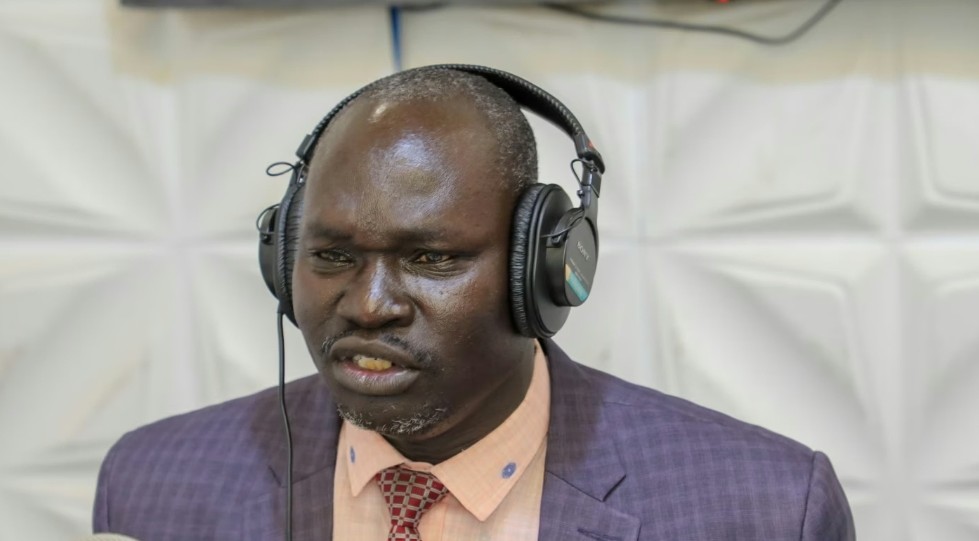
An analyst has voiced concerns regarding the effectiveness of sending South Sudanese teachers and ministers to China for educational training.
Dr. Abraham Kuol Nyuon, Principal of the Graduate College at the University of Juba, argues that the concepts and technology learned in China are not applicable to the realities of classrooms in South Sudan, rendering the initiative a waste of valuable resources and time.
Dr. Nyuon’s comments come in response to the positive feedback from state ministers of education who recently returned from a ministerial workshop on high-quality development in basic education held in China in June.
The three-week workshop, which took place from June 15, to late this month, involved a delegation led by the undersecretary of the National Ministry of General Education and included 13 ministers from ten states and three administrative regions.
It is part of a broader bilateral cooperation project where China actively trains South Sudanese educators and officials to enhance the quality of education in the nascent nation through capacity building.
Akoon Diing Angok, the state minister of education for Northern Bahr el Ghazal state, who attended the workshop, shared that the training was very comprehensive and excellent, involving lectures on topics such as Theory and Practice of Promoting and Leadership Transformation of the Global Governance System.
He highlighted how Chinese cooperation is positively impacting capacity building within South Sudan’s education sector.
However, Dr. Nyuon questions the value of such training given the significant disparity in educational infrastructure and technological advancement between the two countries.
“China’s levels of technology and educational advancement are different from South Sudan,” Dr. Nyuon explained in an interview with this outlet. “So, you are taking people to China, training them in China on concepts and technology that will not be applicable in the classroom in the context of South Sudan.”
Instead, Dr. Nyuon suggests that China’s support would be far more effective if it focused on improving existing teacher training centers within South Sudan.
This would involve recruiting local tutors to empower teachers and educational officials with concepts directly relevant and applicable to the South Sudanese context.
He believes this not only wastes resources and the goodwill of both nations but also the time of the program beneficiaries, who learn methods and technologies irrelevant to their work environment.
Dr. Nyuon further criticized the state ministers for their positive assessment of the program, suggesting their praise stemmed from experiencing China’s infrastructure and cuisine rather than substantial educational benefits.
“What was good is that the ministers were able to go to China, see good buildings in China, they might have eaten Chinese food, they might have viewed the plane for the first time maybe, and they think that that is what is good,” Nyuon contended.
The exchange program is part of an ongoing bilateral cooperation project on education between China and South Sudan.
It involves sending South Sudanese teachers and educational officials to China with the stated goal of enhancing the quality of education in South Sudan through capacity-building training.

